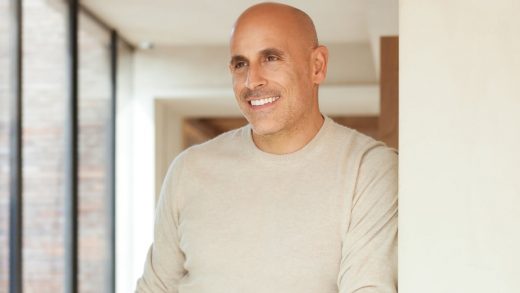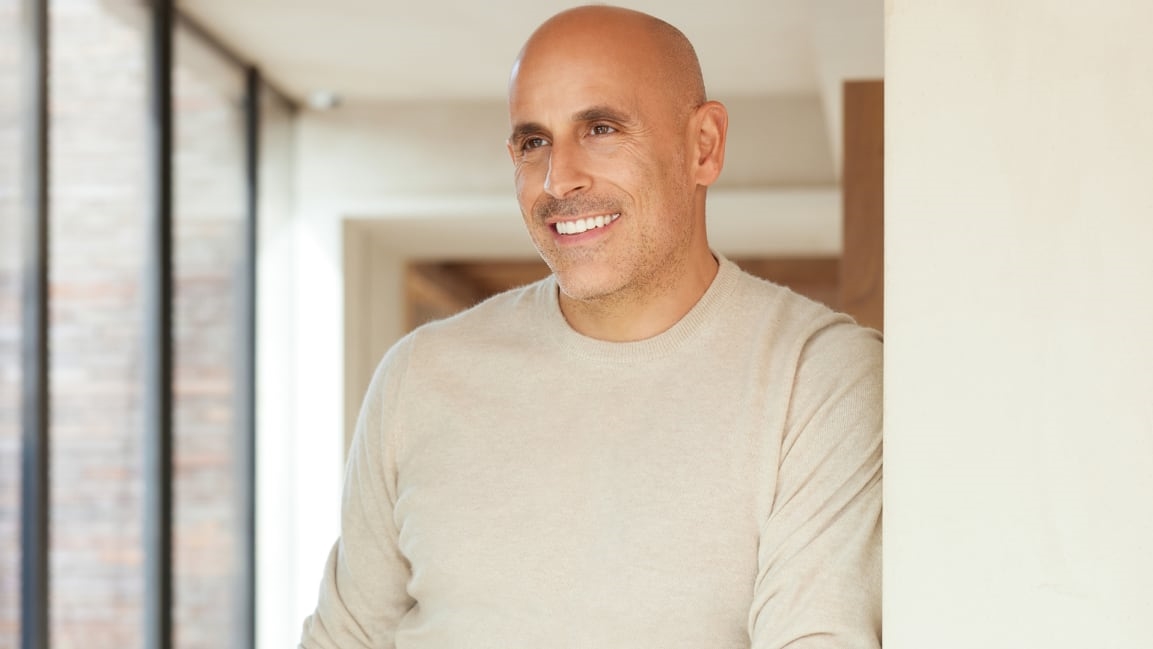Marc Lore of Jet.com and Diapers.com has a few things to say about HR
I recently met with Marc Lore, the founder and CEO of Jet.com (sold to Walmart in 2016 for more than $3 billion) and cofounder of Diapers.com parent Quidsi (sold to Amazon in 2011 for $550 million). We talked about a wide range of topics, including some projects that are deep under wraps—his LinkedIn profile lists “To be announced” as his current gig—and his partnership with baseball star-turned-businessman Alex Rodriguez. (They’ve agreed to acquire the Minnesota Timberwolves for $1.5 billion.) Lore got especially animated when sharing his thoughts about, of all things, chief people officers. So I went back to Lore and asked if I could get his take on human resources, and why startups shouldn’t make HR an afterthought. Edited excerpts follow:
Fast Company: You’ve said one of the first and most important hires any company can make is the chief people officer. Why?
Marc Lore: Over the course of my career, I’ve come to appreciate the value of focusing on “VCP”—vision, capital, and people. Most [startups] don’t hire a chief people officer until much later in the company’s existence, which means they don’t get the value of [a leader who can help] set the corporate culture, bring in great recruiters, who can then bring in great talent, and figure out an organizational structure that really motivates people. If your goal is to hire the very best people, hire your chief people officer early, if not first, to build that infrastructure. Because it’s all about the people.
How do you get the best chief people officers? In a lot of organizations, HR doesn’t get a lot of respect, and the head of people reports to the CFO or the general counsel.
I wouldn’t even consider not having the chief people officer report to the CEO, but you’re right. A lot of companies do. This needs to be a C-level [role] at the same level as your CFO and COO and any other key chiefs that you have.
You also have a position on how chief people officers should be compensated.
I have a fairness principle. I think it’s important that all the chiefs get paid the same amount. The chief people officer gets the same as the CFO, who gets the same as the COO. All the roles are equally important.
That fairness principle extends throughout the organization.
If you want to build trust you have to create a fair, safe environment. You don’t want people to learn that a colleague doing the same job as them is making more money because they negotiated harder. That doesn’t build trust, that’s not the kind of culture I’ve wanted to build. And so basically made the compensation system transparent where everybody at the same level in the company makes the same amount of money. You can make more money, you just need to get promoted. And so that’s what people do. They work hard and everyone has a career path and a trajectory. I feel like it eliminates that unconscious bias so that women and minorities are not at risk, which they typically are at other companies because they’re making less money on average.
Tell me more about VCP.
This based on a long history and experience, seeing businesses that work well and businesses that fail. It always seems to come back to vision, capital, people. When it doesn’t work, there’s a problem with one of those three, and when businesses do work, they’ve typically nailed V, C, and P. You want [founders] to create a vision for something that would be disruptive or industry changing. Too many times people don’t actually have the vision, or they don’t articulate the vision.
Businesses typically fail because they run out of money. And so how do you ensure that you capitalize the business correctly? Bringing in the right investors is important. The “C” s making sure that the business is capitalized in the way it needs to be capitalized to achieve your vision. And then on the people side, how do you bring in the very best people, diverse group of people. You have to have great recruiters who know how to read a resume. I’ve learned a lot of over time about resume reading.
Such as?
I will only interview [a candidate] if their resume to me is what I would call a superstar on paper. Somebody who shows a demonstrable level of success inside that company, meaning promotion or multiple promotions in a period of time that would be commensurate with being a superstar. And when they move from one company to another it’s typically a significant step change, like a big jump in title, a big jump in the [caliber] of the company. Superstars don’t move laterally.
At Jet we had three values: Transparency, trust and fairness. If you want people to feel empowered, give them the information, trust them, and create a fair, safe, inclusive work environment if you do that, people feel empowered. I should also add, it only works when people are self-motivated because those people want to feel empowered and left alone when others want to be told what to do.
And when I do interview, I have seven traits I look for, called SPOTAKE: Smart, passionate, optimistic, tenacious, adaptable, kind, and empathetic. Having kindness and empathy, two of the seven, being what you would call “soft skills” is really important because it balances out the tenacious, passionate person. There are a lot of people out there that are super passionate, tenacious. They’ll run through a brick wall, but they’ll run over people to get there. Finding people who can do that, but at the same time, be kind to their colleagues and have empathy? That balance is magical.
(59)



